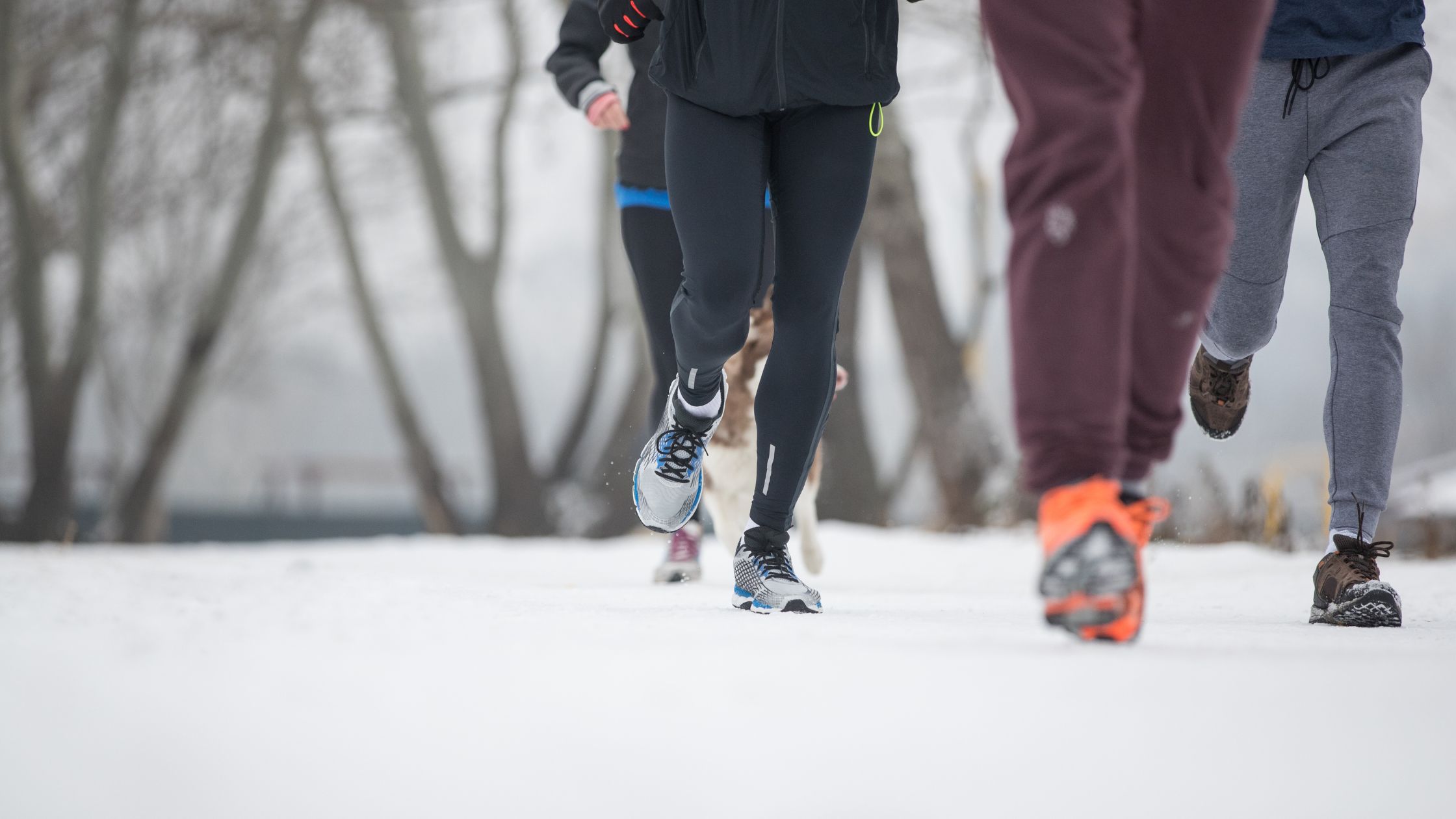
15 Jan Common Causes of Knee Pain During the Winter
Winter brings a picturesque landscape of snow-covered streets and cozy evenings by the fireplace. However, for some individuals, the colder months also mean a surge in knee pain. At New York Sports Medicine Institute, our orthopedic surgeon will delve into the common causes of knee pain during the winter and shed light on how we can provide effective relief. Continue reading to learn more!
Understanding Winter-Related Knee Pain
- Cold-Induced Joint Stiffness – One prevalent cause of knee pain during winter is the effect of cold temperatures on joints. The cold can reduce synovial fluid production, causing stiffness and discomfort in the knees. To alleviate this, consider adopting a warm-up routine before heading out into the cold and wearing insulating knee braces to maintain joint warmth.
- Weather-Related Arthritis Flare-Ups – For individuals with arthritis, winter can exacerbate symptoms, leading to increased knee pain. The drop in temperature and changes in atmospheric pressure can trigger arthritis flare-ups. Seeking the expertise of an orthopedist can help manage arthritis symptoms effectively with personalized treatment plans that may include medication and lifestyle adjustments.
- Reduced Physical Activity – During winter, people tend to be less active, opting to stay indoors due to the chilly weather. This reduction in crucial physical activity can contribute to knee pain, as the joints may become less flexible. Incorporating indoor exercises, such as yoga or low-impact workouts, can help maintain joint flexibility and alleviate winter-induced knee discomfort.
- Slips and Falls on Icy Surfaces – Icy sidewalks and slippery driveways pose a significant risk during winter, leading to increased slips and falls. Such accidents can result in knee injuries, ranging from minor sprains to more severe ligament damage. Orthopedists specialize in diagnosing and treating these injuries, offering tailored rehabilitation programs to ensure a swift recovery.
- Footwear Choices – The type of footwear worn during winter can impact knee health. Improperly fitted boots or shoes lacking sufficient support may contribute to misalignment and strain on the knees. Opting for well-insulated and supportive footwear can help mitigate these issues, reducing the risk of knee pain during the colder months.
- Understanding Seasonal Weight Gain – Winter often brings indulgence in hearty, calorie-rich foods, leading to seasonal weight gain. The additional weight can exert increased pressure on the knees, potentially causing pain and discomfort. An orthopedist can guide people in managing weight and adopting a balanced diet to support overall joint health.
Addressing Winter Knee Pain with Orthopedic Expertise
Consulting with an orthopedic surgeon becomes crucial when knee pain becomes a persistent issue. Our specialists possess the expertise to conduct thorough diagnostic assessments, including imaging tests and physical examinations, to pinpoint the exact cause of the discomfort. Our orthopedic surgeons tailor treatment plans to each patient’s unique condition. This may involve a combination of therapeutic exercises, medications, and in some cases, minimally invasive surgical procedures. By addressing the root cause, orthopedic interventions aim to provide lasting relief from winter-related knee pain.
Preventive Measures for Winter Knee Pain
- Stay Active with Indoor Exercises – Engaging in indoor exercises is essential to counteract the impact of reduced outdoor activities. Low-impact exercises such as swimming, yoga, and stationary cycling can help maintain joint flexibility and muscle strength, reducing the risk of winter-related knee pain.
- Dress Warmly and Protect Your Joints – Layering up during winter is not just about staying warm; it’s also a strategic measure to protect your joints. Wearing thermal layers and utilizing joint-supporting accessories, like knee braces, can shield your knees from the harsh effects of cold weather.
Contact Us
Winter-related knee pain is a common concern, but understanding its causes and taking proactive steps can make a significant difference. Whether it’s combating cold-induced stiffness, addressing arthritis flare-ups, or preventing injuries from slips and falls, consulting an orthopedist is key. With personalized care and targeted interventions, individuals can navigate the winter months with reduced knee pain and improved joint health. Contact our experts at New York Sports Medicine Institute today to learn more and request an appointment.

